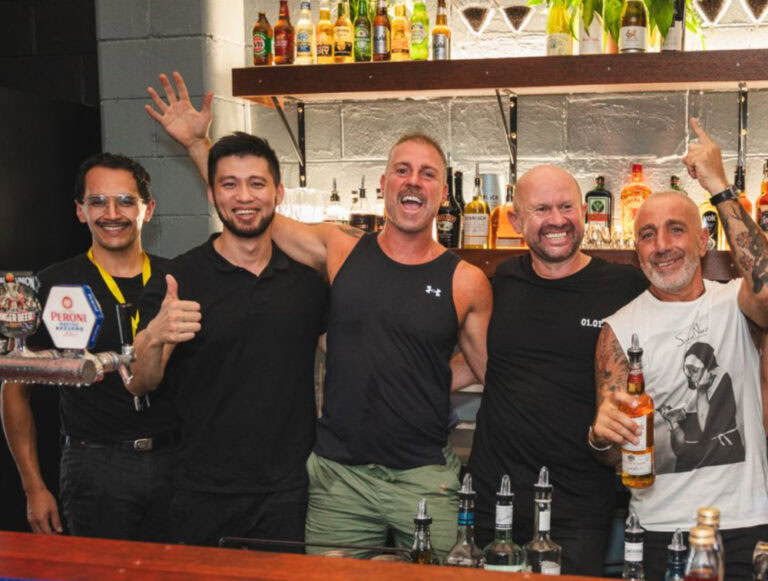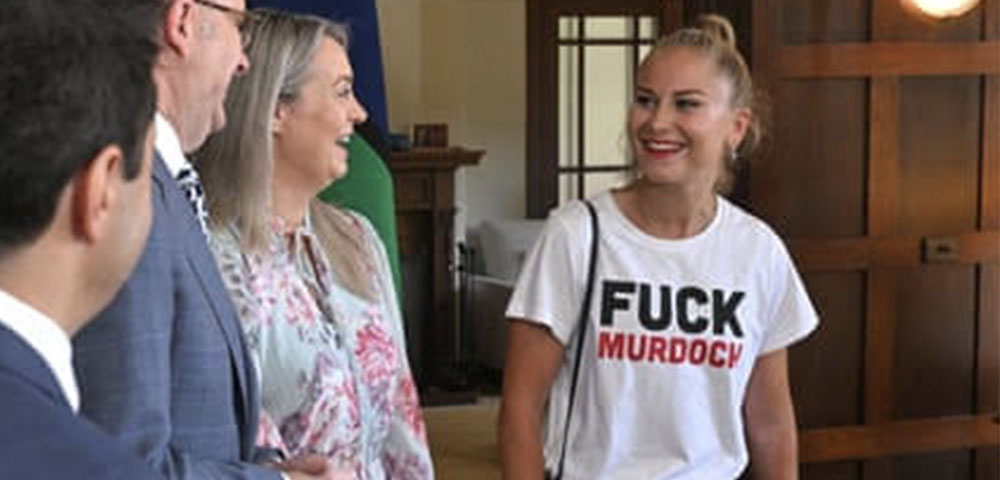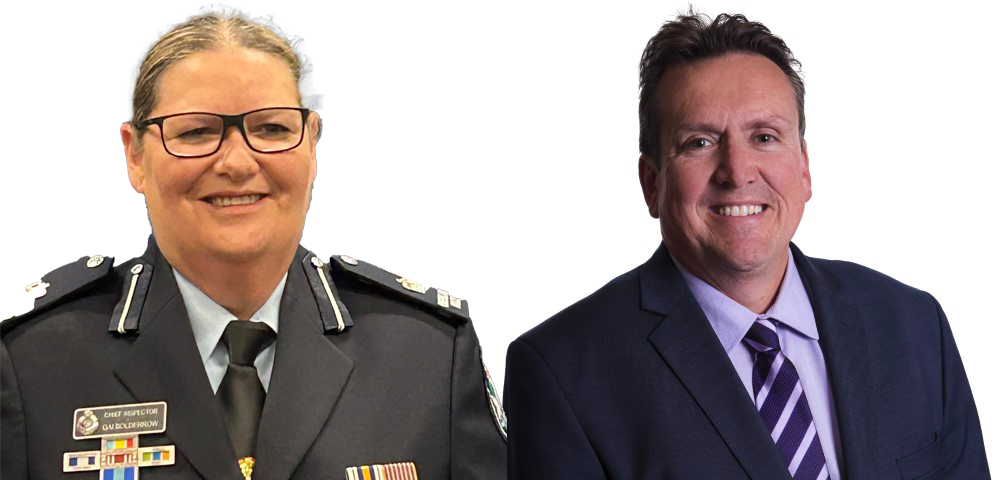

A historical panel has today been unveiled in Tasmania to mark 30 years since the United Nations Human Rights Commission condemned Tasmania’s former anti-gay laws, declaring them a breach of international human rights standards.
The panel has been unveiled at the location where the decision was announced thirty years ago today at the Salamanca Arts Centre in Hobart.
Speakers at the unveiling included Rodney Croome – who has previously written about his experience in Tasmania during this time for Star Observer – and Margaret Reynolds.
Humans Rights Commission condemned Tasmania’s anti-gay laws thirty years ago today
It almost seems hard to believe that just thirty years ago it was still illegal to be gay anywhere in Australia, however in 1994 Tasmania was still behind the times.
In fact Tasmania remained the last state in the country to retain criminal laws against sex between men, retaining penalties that could see up to 21 years imprisonment.
Despite heavy activism in the 80’s for law reform and social acceptance of the LGBTQIA+ community the Tasmanian government had yet to make changes to the states laws.
In 1989 a bill was debated to decriminalise homosexuality, which was ultimately defeated.
Despite finally making changes to the Criminal Code Amendment (Sexual Offenses) Act in 1992 the law still criminalised homosexual acts in certain circumstances.
However in 1994 Nicholas Toonen, a gay rights activist from Tasmania, brought the case to the United Nations Human Rights Committee.
Toonen challenged Tasmania’s criminalisation of homosexuality, arguing that it violated his right to privacy under the International Covenant on Civil and Political Rights (ICCPR), to which Australia is a signatory.
The UN Human Rights Committee ruled in Toonen’s favour in 1994, stating that Tasmania’s laws criminalising homosexuality were indeed a violation of the ICCPR.
This decision had significant implications for Australia, as it obligated Australia to repeal laws criminalising homosexuality and ensure that individuals were not discriminated against based on their sexual orientation.
On April 11th 1994 at the Salamanca Arts Centre in Hobart, the UN’s decision was announced triggering a series of events in Australia.
This included overriding federal legislation, a High Court challenge against the offending Tasmanian laws, the intervention of Amnesty International and a national boycott of Tasmanian products.
It would be many years however until Tasmania’s anti-gay laws were finally repealed in 1997, which subsequently saw Tasmania adopt some of the world’s most comprehensive LGBTIQA+ discrimination, relationship and gender recognition laws.
The UN decision even went on to contribute to the recognition by the Federal Government of same-sex de facto relationships and its prohibition of sexuality and gender identity discrimination.
The decision even proved critical to overturning anti-gay laws in a number of other countries including India, Singapore, Fiji, Cyprus, Botswana, Barbados and Belize.
Rodney Croome and Margaret Reynolds unveil commemorative panel in Tasmania
Attending the unveiling of the panel on Thursday was Rodney Croome and former senator and human rights champion Margaret Reynolds.
Rodney Croome, current Equality Tasmania spokesperson was one of the pioneer LGBTQIA+ activists in Tasmania, campaigning for decades for the rights of our community.
Croome was one of the first openly gay men in the state when he came out in 1988 and continued to pave the way for the LGBTQIA+ community.
He went on to front the campaign to decriminalise homosexuality in Tasmania in 1997 following the Human Rights Commission decision, campaign for marriage equality and many other issues.
His activism work continues currently in his role at Equality Tasmania, where he has recently been campaigning for compensation for victims of the previous anti-gay laws.
Rodney Croome has received numerous awards and accolades in recognition for his work to the community and authored several books.
Former senator Margaret Reynolds who advocated for the Keating Government to act on the UN decision unveiled the panel.
Nick Toonen, Richard Hale and Rodney Croome arranged for the installation of the commemorative panel at the Salamanca Arts Centre.
The event was attended by many members of the Tasmanian LGBTQIA+ community for the unveiling.











